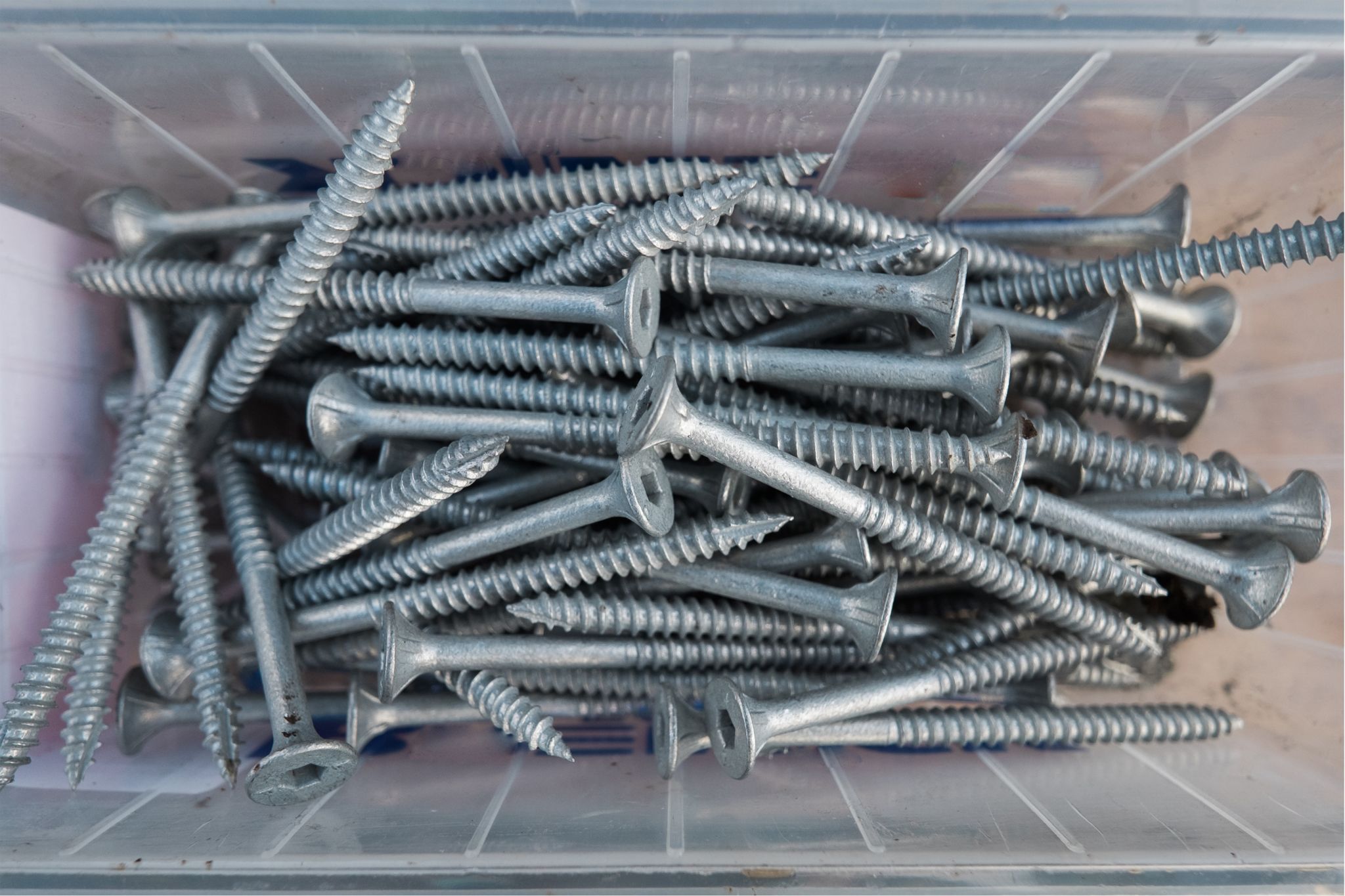Convincing a general contractor to take on small, inexpensive jobs can be a challenge. After all, they have entire homes to build and kitchens to renovate — why would they waste time taking on tiny projects?
It can be maddening, but don't lose hope. Contractors can be convinced to handle your small-scale project. You just need to use the right tactics. Here are a few to try:
#1 Make It a Twofer
Replacing and trimming out one bay window might not compel a busy contractor. But tack on the installation of a water-saving toilet and that rainfall showerhead you've been pining after? That's a different story.
"Try to bundle it up," says Bryan Clayton, a former general contractor with 15 years of experience. Combining projects is a win-win for you and the contractor: You get the home you want, and they can charge enough money to make the job worth their while.
Okay, it's a win-sort-of-win. Obviously, two jobs will cost more than one. But, then again, you'll knock off half your honey-do list in one fell swoop. And that's pretty sweet.
#2 Take On the Hassle of Buying the Goods
Contractors will be more tempted to take your job if their overhead is low, and the hassle is really minimal. In other words, if you take care of buying the materials and making sure they're available when the contractor needs them.
This one is definitely a win-win, because you'll be saving money, too. Contractors often mark up the cost of materials to cover transportation and storage costs. "If they buy the materials and have to wait 15 or 20 days to get paid, they need to get compensated for the capital risk," Clayton says. "Cut that out and pay directly."
For instance, the cost of installing new hardwood floors will be lower if you have the wood shipped directly to your house. It removes the contractor's risk while saving them time and effort. "They love to hear that," says Clayton.
Related: How Much You Can Save if You Buy-It-Yourself
#3 Chill Out Until the Off-Season
Assuming your project doesn't need completion before your in-laws visit next month, it'll benefit you greatly to wait for the off-season. Most contractors will be eager for work once temps start to dip into the freezing zone.
"Absolutely wait until winter," Clayton says. "During that time of the year, you'll get a better contractor at a better price."
This applies doubly if you need any exterior work, like repairing a deck. Most homeowners don't think to do exterior work in cold weather, but that's when these contractors have the most availability. Yes, it might take a little bit longer, especially if the weather gets unruly, but the job will still get done — and possibly cost you way less.
#4 Send a Picture
Trying to find a contractor for your small job might seem like an Olympian endeavor for one seemingly small (but endlessly frustrating) reason: You can't get them to come out and give you a darn quote.
To be fair, their hesitance is understandable. Homeowners often get multiple quotes, so there's a good chance the contractor's visit won't bring in any new business. For a job that sounds like a pittance, why would they bother?
Save them the trip and take pictures. Email or text the pics, plus basic information about your project, and the process can be expedited for both you and them.
"I can give them a quote in 20 minutes," says Danny Ruby, a general contractor in Boston.
#5 Be (Sigh) Patient
Does your project need completion today? Or can you bear waiting a few weeks to get those front porch steps replaced? Allowing a flexible timeline might encourage contractors to pick up your small job.
"The more flexible you are, the better," says Clayton. Contractors might fit in smaller jobs during downtime for larger projects. They can pop over and work on your built-in window seat while they're waiting for tile to arrive for a bathroom remodel they're doing nearby.
Beware, though, Clayton says. Squeezing in bits of work might mean the job takes a long, long time. It's fair to not let a project drag out too long, but offering flexibility can get a project started — and hopefully finished — sooner.
"Be polite and patient, but also know if you're getting the run-around," he says.
Related: What Should Be in Your Contractor Agreement?
#6 And, Finally, Don't Act Shocked at the Cost
Contractors are different from handymen for a reason. Handymen have a wide variety of skills that lets them tackle odd jobs, like patching up holes and fixing wobbly doors. Contractors offer a deeper knowledge of construction and are typically licensed in a specific trade (like plumbing or carpentry), letting them tackle complex projects with precision.
A handyman, for instance, can hang shelves. But you'll want someone with specialty skills for constructing new built-ins, a complex task that could go wrong in many interesting ways. Hence, the general contractor. And you should expect to pay extra for those special skills.
"Homeowners can't expect to pay handyman costs, but have a contractor come over," Ruby says. "They're going to have to pay accordingly."
Typically, contractors also provide liability insurance for your project, workers comp for their employees, and a warranty in case something goes wrong.
Not balking at those legitimately higher rates can go a long way toward convincing a contractor to take your smaller job. While pricing specifics will depend on your area or job, expect a handyman to cost roughly $25 per hour. A contractor might charge $60 or (much, much) more.
"I have no problems doing small jobs, but when I tell homeowners how much they cost, they aren't happy," Ruby says.
Related:
